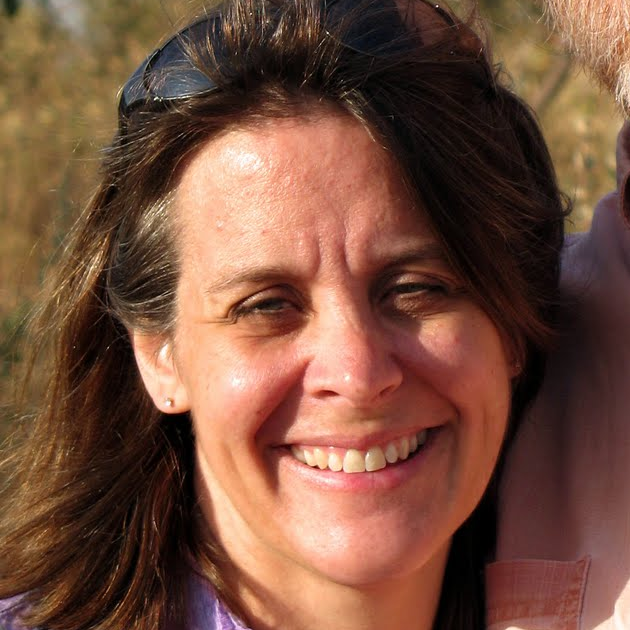Love, Stress & Strength: What It’s Really Like to Be a Cancer Caregiver
Jamel Martin is a devoted son and caregiver for his father, Joseph, who was diagnosed with prostate cancer. When he first learned about the disease, Jamel researched and turned to his family and church community for strength. Joseph’s diagnosis brought them even closer, reminding Jamel of the importance of time, communication, and faith through uncertainty.
In this cancer vlog, Jamel and Joseph open up about caregiving, emotional healing, and what it means to support one another through fear and recovery. They share how community, love, and open conversation can help men overcome stigma around going to the doctor and seeking help. Their story is one of patience, gratitude, and the power of family connection.

Thank you to Pfizer for supporting our independent patient education content. The Patient Story retains full editorial control.
This interview has been edited for clarity and length. This is not medical advice. Please consult with your healthcare provider to make informed treatment decisions.
The views and opinions expressed in this interview do not necessarily reflect those of The Patient Story.
Edited by: Katrina Villareal
Meet Jamel
Jamel: My name is Jamel Martin, and I’m a caregiver for my dad, Joseph Martin.
The Diagnosis
Jamel: When I first found out, I didn’t know much about prostate cancer until they made me do a little research. I also started asking my mom to find out more about it. It doesn’t necessarily mean it’s detrimental. Once I found that out, I was a little bit more okay.
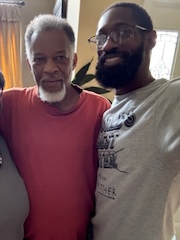
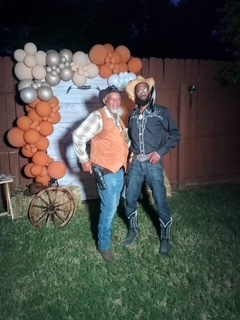
Joseph: I’m a happy-go-lucky guy. When something goes wrong with me, I try to uplift myself and not let things bring me down. I get back up and start all over again.
Learning About the Cancer Awareness Network (CAN)
Joseph: Once I found out that I had prostate cancer, we had Minister Loretta Herring at the church, who was with the Cancer Awareness Network. I got involved with her. She was one of my backbones and helped me walk through it and everything.
Cancer Awareness Network (CAN) is a non-profit community organization based in Birmingham, Alabama. CAN strives to empower cancer patients, survivors, and their caretakers. The organization has played an important role in the Martin family’s cancer journey.
Jamel: We have always been close and tight-knit. But going through that time made me value his life more because I realized that he wasn’t always going to be here with me. Any given day, he could be gone, and all I’d be left with are memories and reflections on what he taught me and instilled in me as a child. I take it wholeheartedly to try to spend more time with him. Once you grow older and have your own family, you tend to spend more time with your family, but you still need to make time for your parents as well. It helped me think about those things more, too.
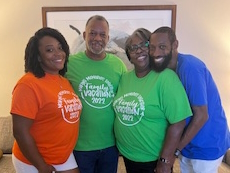
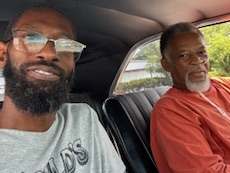
Life as a Caregiver
Jamel: It was basically things that I was taught, like helping to take out the trash, cutting the grass, and cleaning the cars. I was helping move different things around for him that he couldn’t do. As a caregiver, what I was doing for him wasn’t as extensive as giving him a bath and picking him up from the tub. It was more about helping him around the house, so it wasn’t that much of a burden or very hard for me to turn into the role of a caregiver for him. Uplifting him was the hardest part. Keeping him happy and in a happy space.
Through Joe’s cancer journey, Jamel didn’t carry the weight of caregiving alone. He says his mother, a nurse, stepped in as Joe’s primary caregiver.
Joseph and His Wife Reflect on Their Shared Journey
Joe: You know what? I learned to be patient and to do what you ask me to do when you ask me to do it. I stopped being so stubborn and hardheaded. It all worked out well.
Wife: Anytime you work together, teamwork makes the dream work. We worked through the healing process, other side effects that occur with the surgery and how you dealt with them, and tried options for impotence and how you felt about that. We started out saying we’re going to get through it and that’s what we did. But still, we’re going to watch and follow up with the primary care physician annually. You always have to tell me when something is different about your body. You have to let me know.
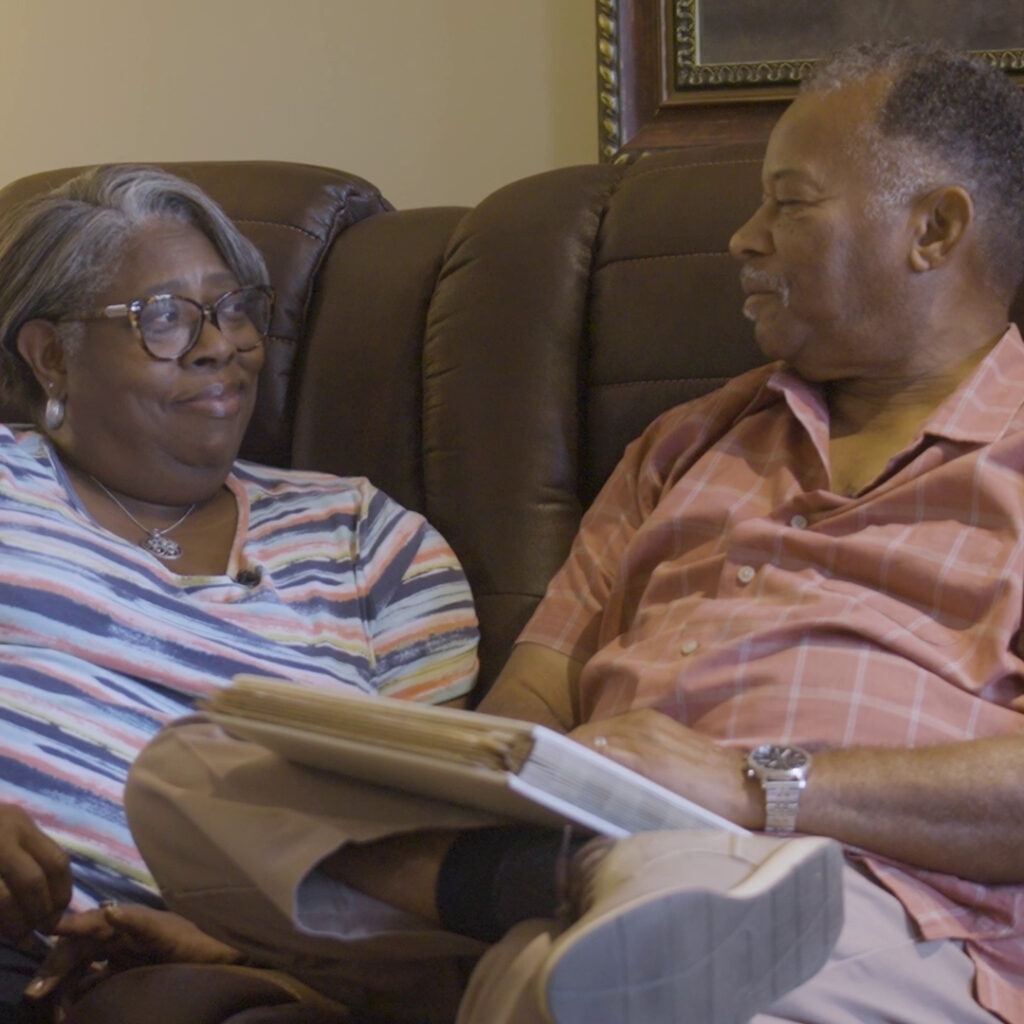
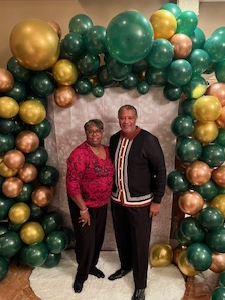
I would say a lot of Black men don’t go to the doctor. However, I know you had to go because you didn’t have a choice but to go to find out what was going on. I think a lot of men are afraid to find out what may be going on and what the outcome will be. Just like your recent hospital stay, you didn’t know what the outcome was going to be and what was causing your problems.
Joe: That’s why I went.
Wife: You had to go. [Laughs] However, I think that men as a whole are afraid to find out the true diagnosis and how it would affect them.
Joe: But, yeah, they don’t go to the doctor.
Wife: As you get older, it’s important that you take care of yourself because the key is in early detection. If you see something going on, you have to get it evaluated.
Becoming More Health-Aware After Dad’s Diagnosis
Jamel: Most men don’t think about going to the doctor. They don’t want to go. It made me aware of my health by getting checkups on my heart, my prostate, and everything. It made me aware of how cancer can hit you at any age and how it can hit anybody. It doesn’t discriminate on race, religion, or anything.
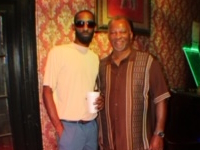
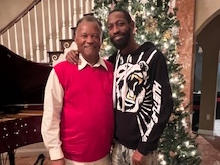
I think the stigma is finding out the worst that can be going on with you. It’s scary because we’re not taught about those things health-wise. It’s not talked about. When you’re thinking about having something going on, you don’t know how to react to it. The unknown scares you. You’re scared of what can happen and what’s going on that you don’t want to find out. But that’s not the case. You need to find out so that you can hurry up, jump on it, and attack it.
A study of cancer caregivers showed that they deal with a multitude of different stressors. 50% reported high emotional stress connected to the caregiving role, 25% reported high financial strain, and 72% helped with medical-related tasks, all for an average of two years of caregiving. (Source: National Alliance for Caregiving)
Jamel: I can relate to that statistic, especially emotional stress. It was a very emotional time because I didn’t know what was expected and what was happening.
When you see him, you can’t tell. He’s a happy-go-lucky guy, so he’s always smiling and always happy. You can never tell what he’s going through on the inside. But I’m a bit more emotional. I still hide it, but it’ll come out now and then, which was what I had to deal with.
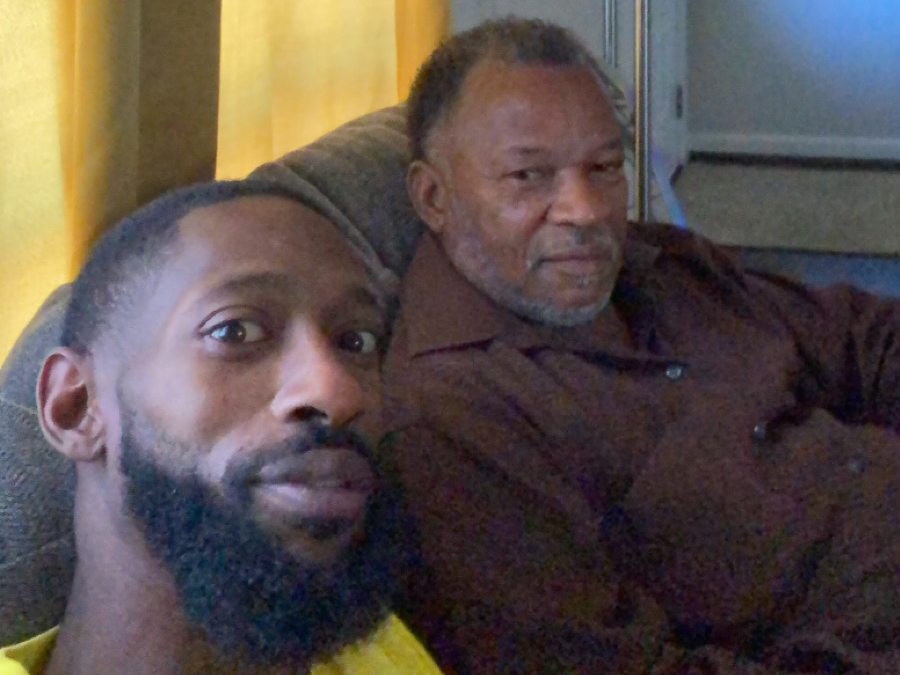
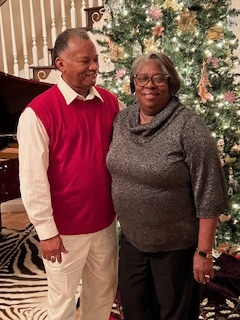
How Cancer Affected Their Marriage and Intimacy
Wife: I was concerned about how you would heal or what the result would be as far as intimacy, which was somewhat affected, but we worked through that as well. A relationship or a marriage is not entirely based on intimacy. You still love each other, and if true love is there, the relationship will remain.
Joe: I agree.
Wife: You’re a good support person for me. We support each other.
Joe: I was about to say. We do that for each other, whatever the case may be.
Wife: We have our differences. We don’t always agree.
Joe: No, we don’t.
Wife: It’s better to express your feelings than to assume what someone is thinking.
Joe: True.
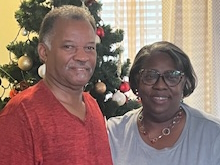
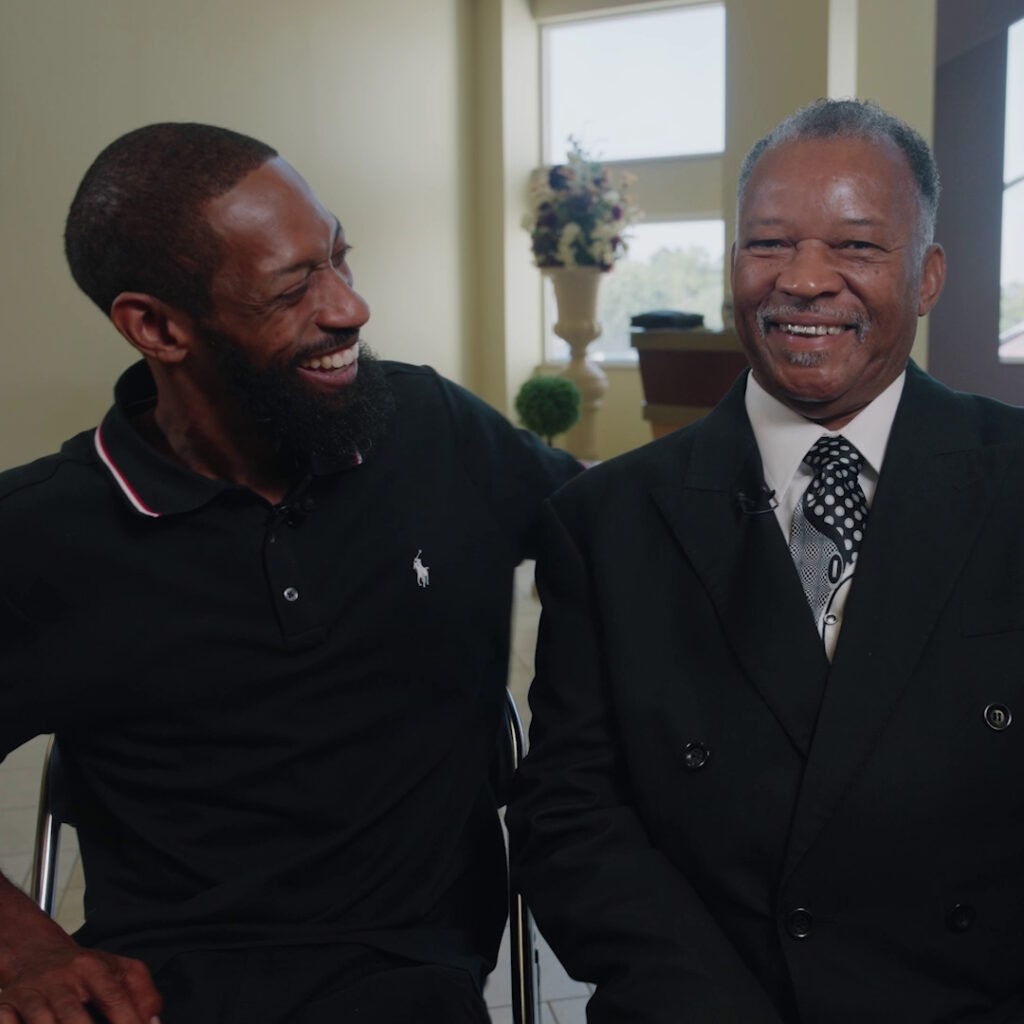
The Power of Communication and Emotional Support in Caregiving
Jamel: Being able to communicate and talk with them about anything they want to talk about during that time is best to keep them emotionally sound.
Take your time. Be patient with the loved one that you are caregiving for and help them embrace life. Lift them up. Bring joy and peace back into their life. They’re going through a lot during this time and a lot of things can be very emotional for them.
It’s a hard time to go through because they don’t know what’s going on. They don’t understand what’s going on with their bodies. They know it’s different. It feels different. But they don’t know what to do about it at the time. They may want to simply vent. Let them vent. Let them talk to you. Hold their hand while they’re talking to you. Let them know that it’s okay to cry. They can cry. Give them a shoulder to lean on. That’s what I give them. Be there for them. Be a listening ear. It helps.
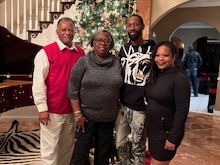
In the previous episode, Joseph shared how he navigated his diagnosis, chose robotic surgery, and learned to open up to his loved ones about his health.

Thank you to Pfizer for supporting our independent patient education content. The Patient Story retains full editorial control.
This interview has been edited for clarity and length. This is not medical advice. Please consult with your healthcare provider to make informed treatment decisions.
The views and opinions expressed in this interview do not necessarily reflect those of The Patient Story.
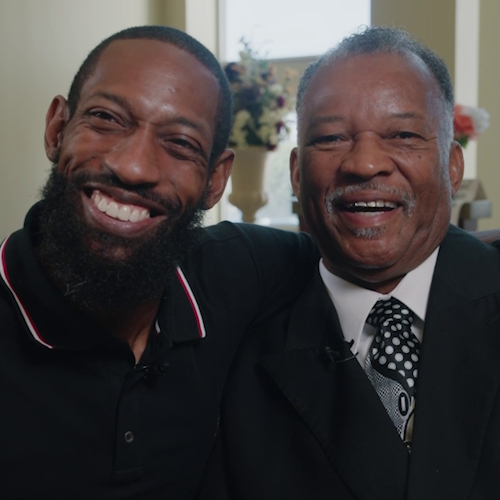
Inspired by Jamel's story?
Share your story, too!
More Prostate Cancer Caregiver Stories
Lisa Matthews, Spouse of Prostate Cancer Patient
“It’s just that tough. It’s scary and difficult, and you need to give each other some space, but also give each other that support and love.”
